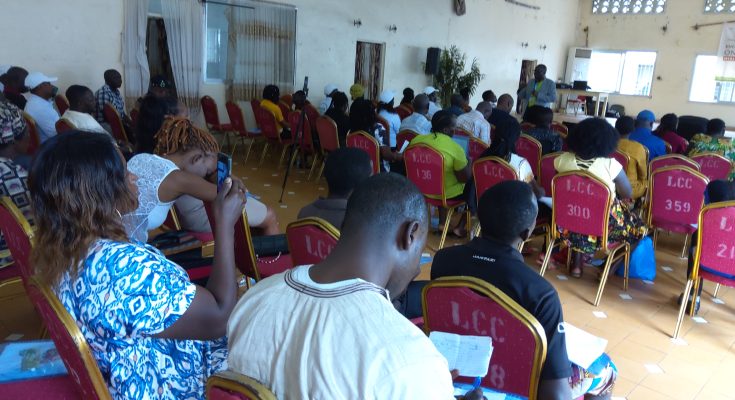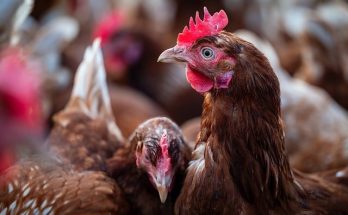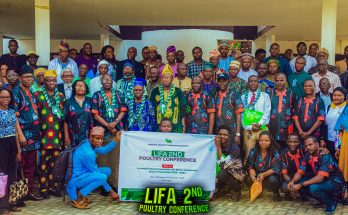In a bid to enhance animal health and nutrition for sustainable food security in Sub-Saharan Africa, Livestock Industry Foundation for Africa (LIFA), with the support of the Zoetis Foundation, orchestrated a groundbreaking initiative in West Africa titled “Knowledge Update on Poultry Health and Nutrition.” This transformative program aimed to impart critical knowledge and skills to enhance poultry health practices in the region.
Spanning two significant sessions held on August 22 and August 24, 2023, the training program focused on poultry health and nutrition. The inaugural session took place at the Makepe Palace in Douala, Cameroon, while the subsequent session convened at the Council Hall in Limbe. The seminars were crafted as an invaluable opportunity for participants to delve into key aspects of poultry health and nutrition.
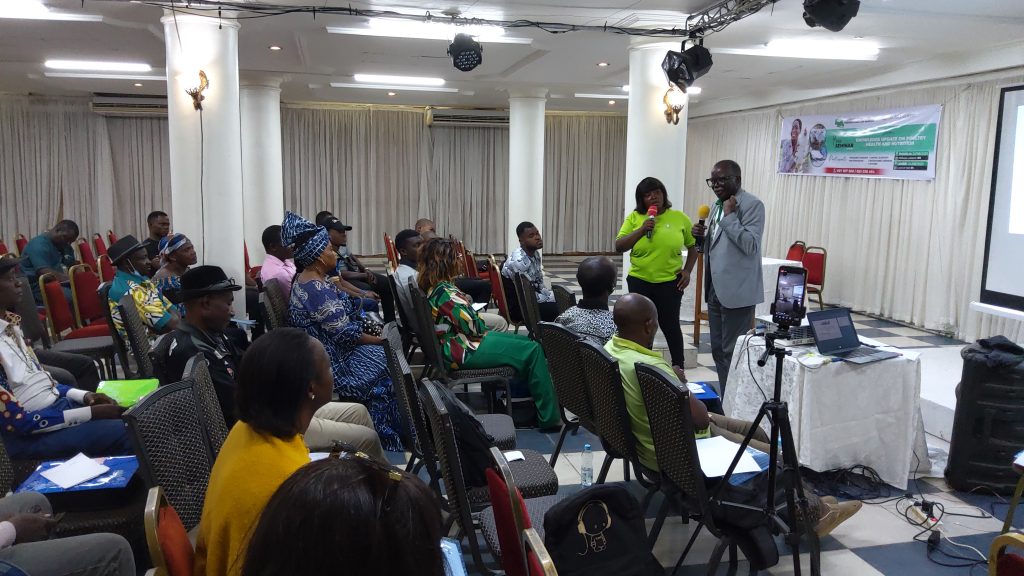
The core objective of these training sessions was to disseminate vital insights and practical know-how that can positively impact the long-term sustenance and growth of livestock livelihoods within Sub-Saharan Africa. The program aimed to equip attendees with innovative strategies and updated information crucial for optimizing animal health practices in the poultry industry.
Gathering momentum and enthusiasm, the training program witnessed an impressive turnout of 310 eager participants for its engaging face-to-face sessions. Beyond physical boundaries, the program extended its reach through a live stream broadcasted via the esteemed Livestock Industry Foundation for Africa (LIFA) Facebook page (https://fb.watch/oH_kPMySbb/). The event sparkled, with esteemed personalities gracing the occasion. Among them were notable figures such as Mr. Joshua Olorungbemi, the Zoetis West Africa Manager, Dr. Zambou, the esteemed Director of Livestock in the Limbe region, and a revered representative of the Chief Veterinary Director and President of LIFA, Dr. Stephen Adejoro. Their presence added depth and expertise to the enriching discussions and activities throughout the program.
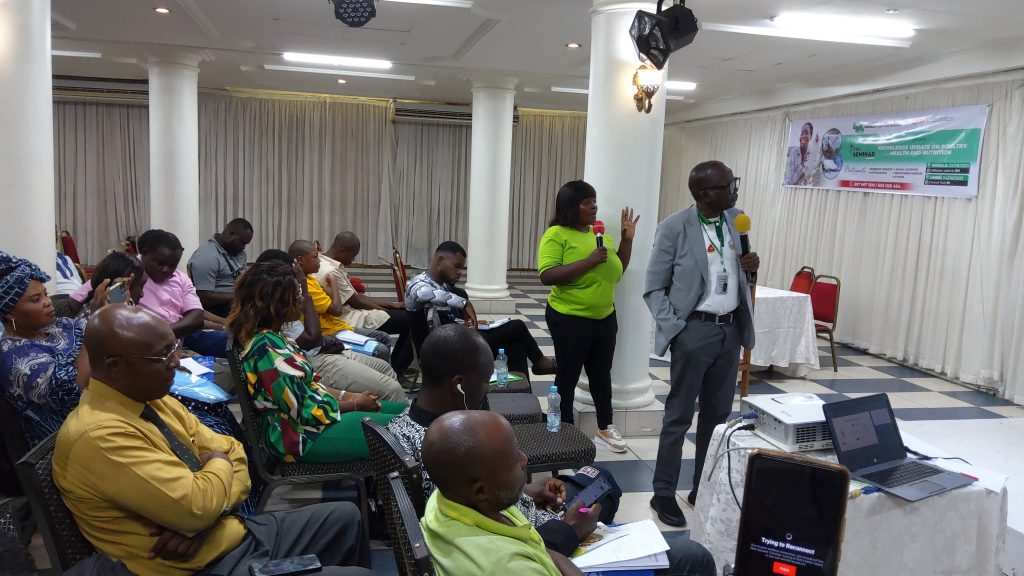
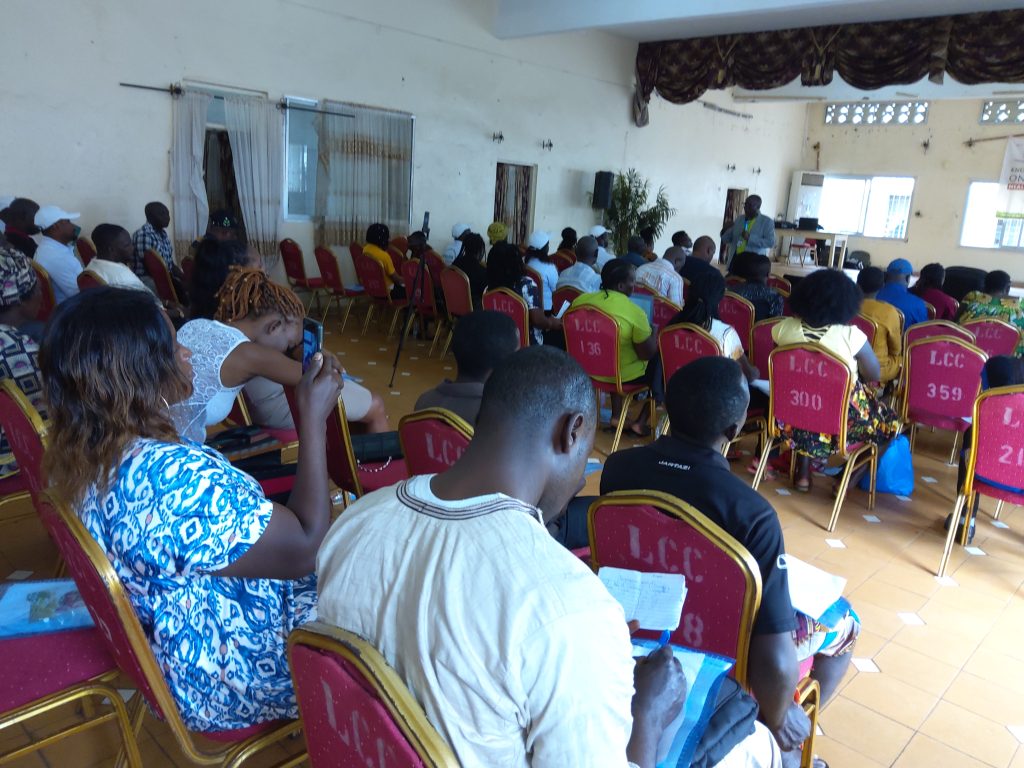
The participant demographic reflected a diverse mix, elucidating the broad spectrum of stakeholders invested in poultry health and nutrition. The breakdown of attendees showcased a rich tapestry: 6.1% represented the veterinary community, 1.9% hailed from the field of animal science, a significant 59.0% were passionate poultry farmers, 4.8% comprised veterinary students, while a commendable 28.1% encompassed various other stakeholders deeply rooted in the livestock industry. The participation mirrored a balanced gender representation, with 55.2% male participants and 44.8% female participants, underscoring the inclusivity and broad appeal of the program.

Effect of Climate Change on Livestock Health and Nutrition: What Farmers must Know by Dr. Stephen Adejoro


Dr. Stephen Adejoro, a distinguished experienced animal food security expert, delved into the multifaceted implications of climate change on poultry. He meticulously categorized these implications into three pivotal areas: Production and health, Marketing and value chain distribution, and Human resources management. He expounded on the impact of climate change, particularly on Livestock Health, segmenting it into direct and indirect effects. Highlighting heat stress as a direct consequence, he illuminated the struggle birds face in balancing heat production and loss. He detailed birds’ heat regulation mechanisms and how elevated temperatures trigger active cooling tactics such as panting.


Furthermore, Dr. Adejoro provided insights into the behavioral changes observed in chicks at varying temperatures. He elaborated on the detrimental effects of heat stress on poultry production, encompassing decreased output, diminished feed consumption, weight fluctuations, reduced protein levels, and impaired reproductive efficiency. Addressing ways to manage heat stress, Dr. Adejoro advised farmers on measures such as maintaining cooler birdhouses, planting shade-providing trees, offering chilled drinking water, and ensuring proper insulation of water tanks.

Transitioning to mycotoxins, Dr. Adejoro emphasized their profound effect on poultry health, elucidating that feed contamination leads to vaccination failures, compromising the immune system. This results in increased production costs, higher mortality rates, reduced income for farmers, and a slew of adverse reproductive issues. To counteract the consequences of climate change, Dr. Adejoro advocated for the widespread adoption of natural adaptations and modern technologies among farmers in Sub-Saharan Africa.

Emphasizing proactive measures, he highlighted the pivotal role of embracing innovative strategies in safeguarding poultry health amidst changing climatic conditions. Dr. Stephen Adejoro’s comprehensive insights serve as a clarion call for collective action and proactive measures to mitigate the impact of climate change on poultry, underlining the importance of informed strategies for a sustainable future within the livestock industry.

Revolutionizing Poultry Nutrition: Insights from Dr. Henri René Zambou
Dr. Henri René Zambou, a distinguished authority in poultry nutrition, underscored the paramount importance of understanding the intricacies of poultry feeding and nutrition. He expounded on the criticality of tailoring diets to meet diverse poultry species’ specific needs at various life stages, shedding light on the fundamental characteristics of raw materials used in poultry nutrition.

Dr. Zambou articulated the primary objective of formulating a balanced diet, highlighting the necessity of providing crucial nutrients such as energy, proteins, amino acids, phosphorus, and sodium. He emphasized the need for tailored diets catering to different poultry species or strains, emphasizing the contextual relevance of these nutritional provisions. Exploring raw materials used in feed formulation, Dr. Zambou emphasized the absence of fixed requirements for specific components. He stressed the importance of a judicious combination of materials, considering nutrient content, cost-effectiveness, and the absence of anti-nutritional factors.

Delving into the nuances of metabolism, Dr. Zambou detailed the determination of metabolizable energy in raw materials, considering non-digestible energy and urine energy. He highlighted the impact of grinding and granulation on energy levels, underscoring their significance in shaping the final food product. Moving through the nutrition phases, Dr. Zambou outlined strategic approaches for each stage. In the startup phase, participants were advised to focus on providing sufficient protein, essential amino acids, phosphorus, and calcium for muscular, skeletal, and digestive system development while controlling the phospho-calcium ratio.

Addressing the growth phase, Dr. Zambou urged effective management of the growth curve to maximize genetic potential. He stressed the importance of maintaining appropriate protein levels, amino acids, and minerals, while anticipating potential issues in later breeding stages. In the finishing phase, participants were guided to ensure optimal chicken growth through effective energy management and consumption efficiency. Dr. Zambou underscored the significance of maintaining minimum essential amino acid levels while regulating nitrogen emissions to mitigate environmental impact and enhance overall efficiency.
Dr. Henri René Zambou’s comprehensive insights and strategic guidelines serve as a roadmap for poultry nutrition, highlighting the pivotal role of tailored diets and meticulous management in fostering optimal growth and efficiency while minimizing environmental impact within the poultry industry.
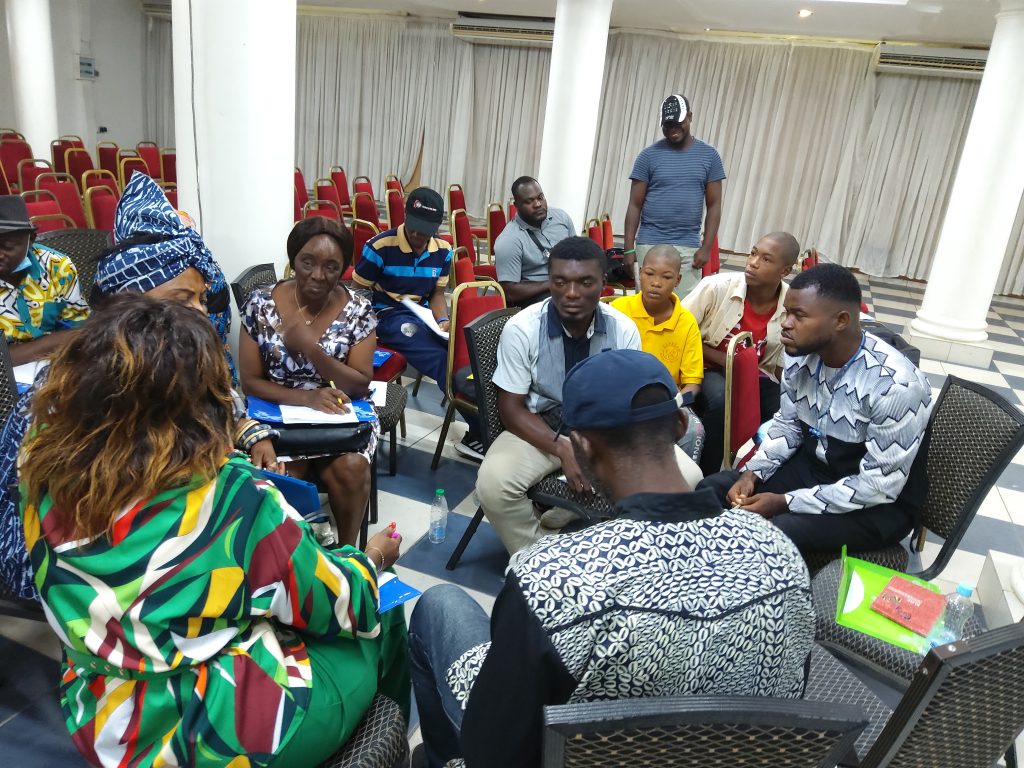
The focus group discussion in Cameroon’s poultry training program revealed critical challenges: inadequate access to fertilizers, scarcity of quality poultry feed, financial constraints, lack of veterinary expertise, deforestation’s impact, planning deficiencies, storage management issues, escalating feed costs, market access challenges, and gaps in feed formulation knowledge. These hurdles hinder productivity, demanding innovative solutions for sustainable growth in the poultry farming sector.
LIFA Poultry Market Visitation
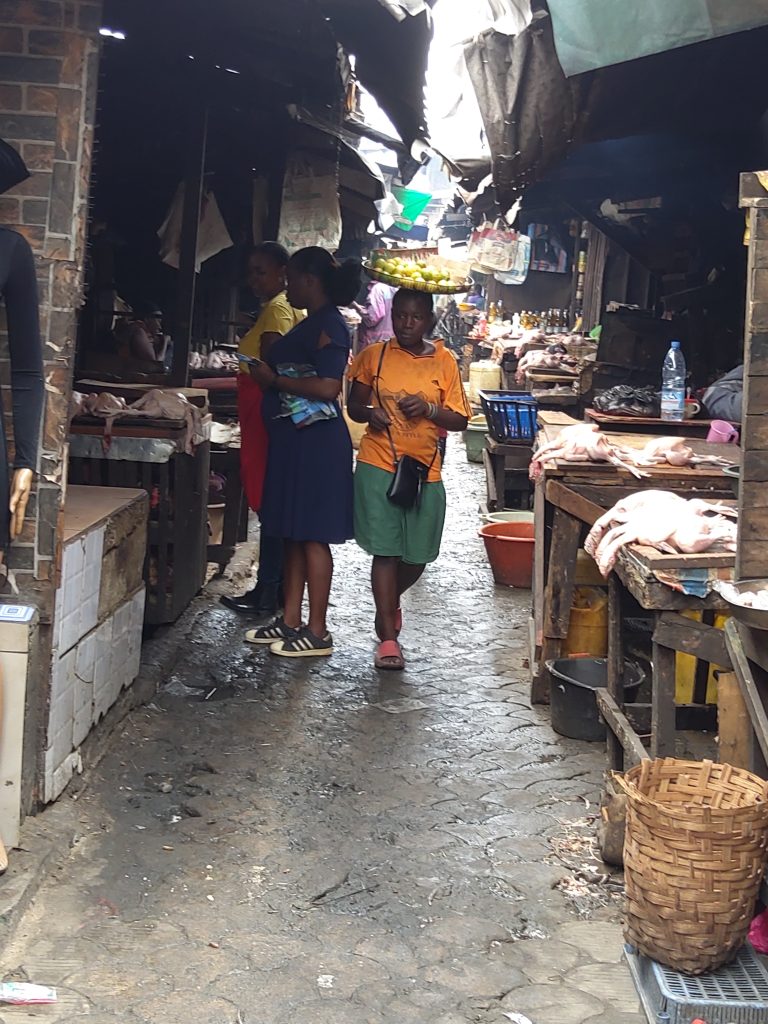
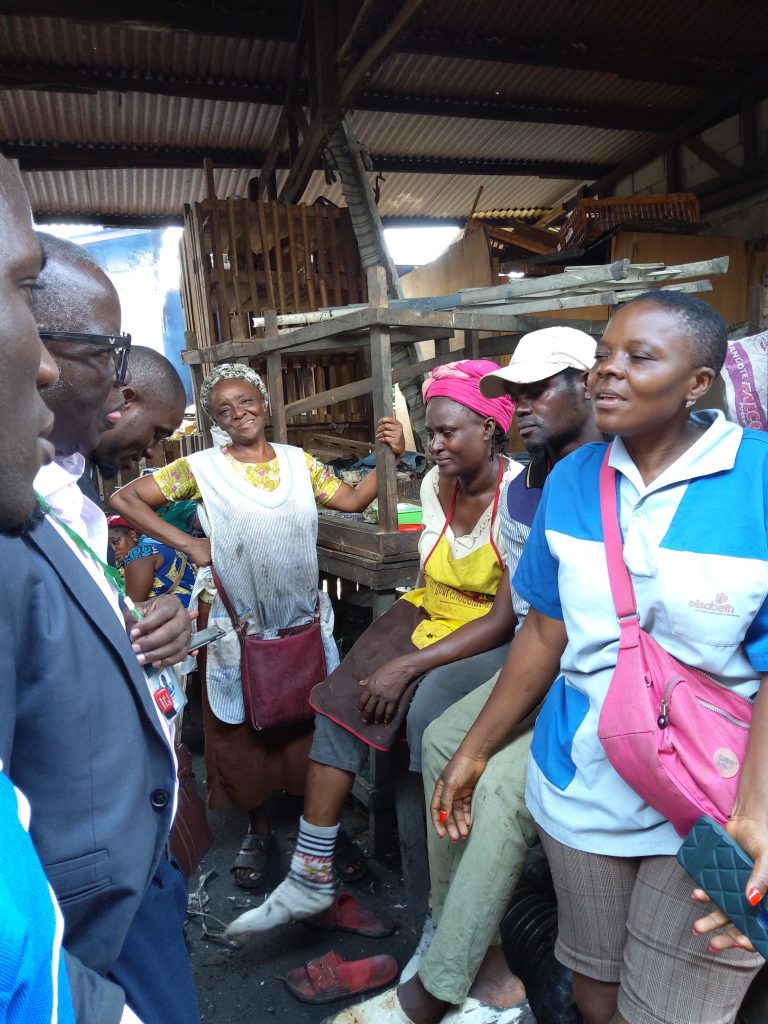

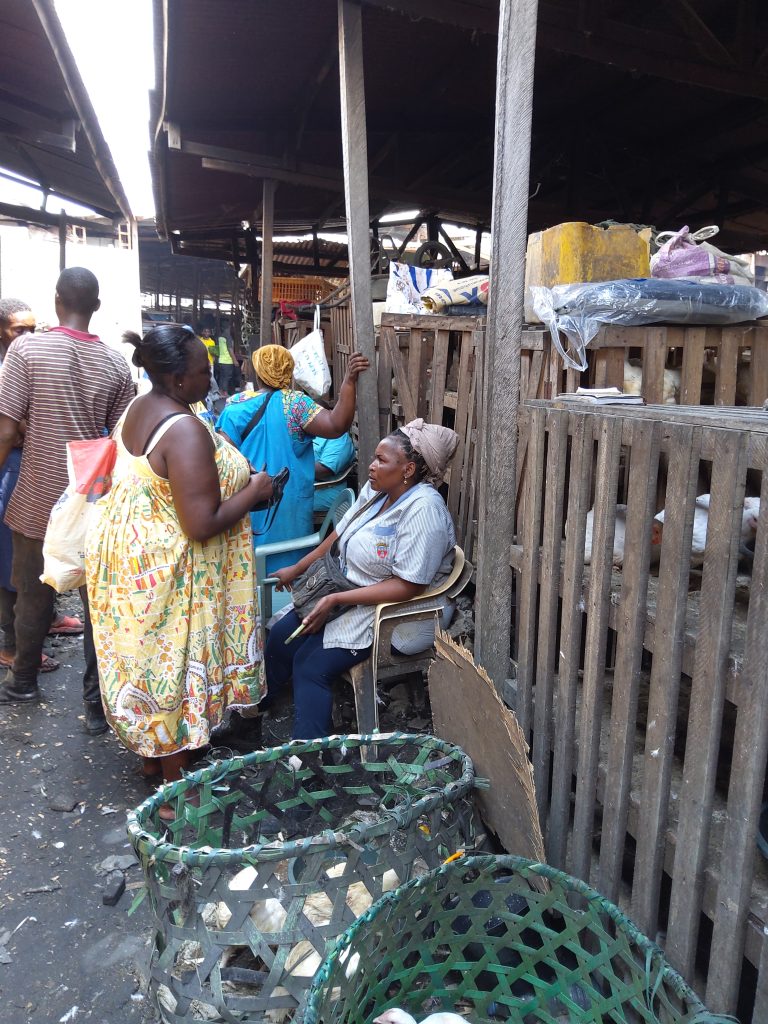
Farm Visitation
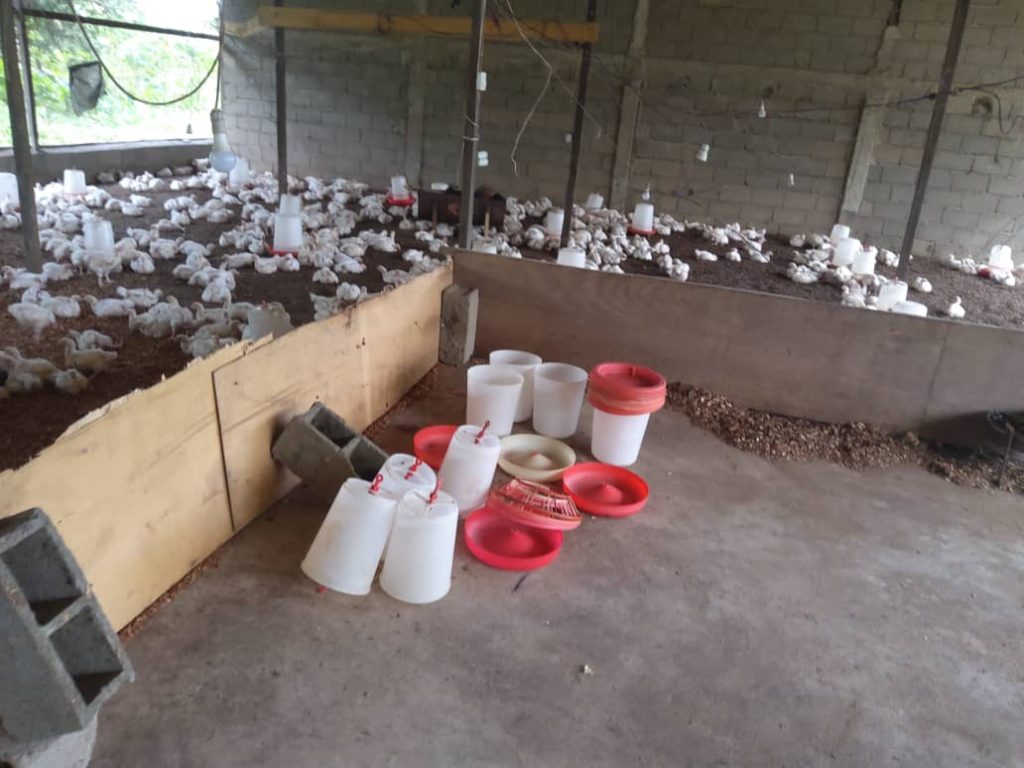
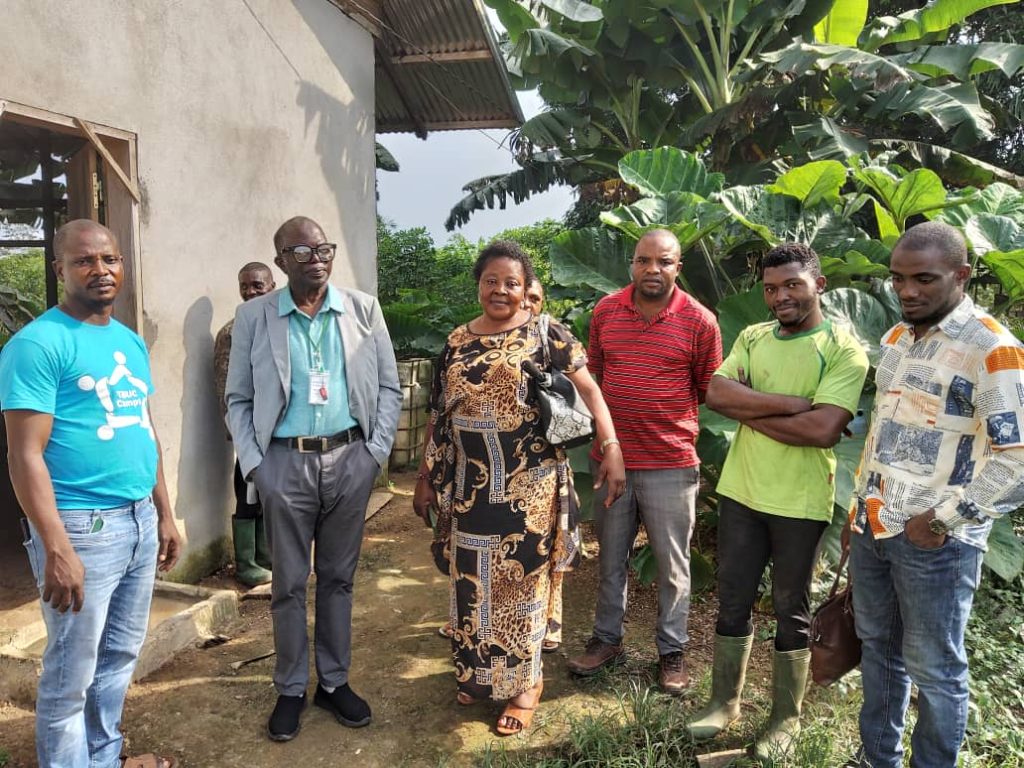
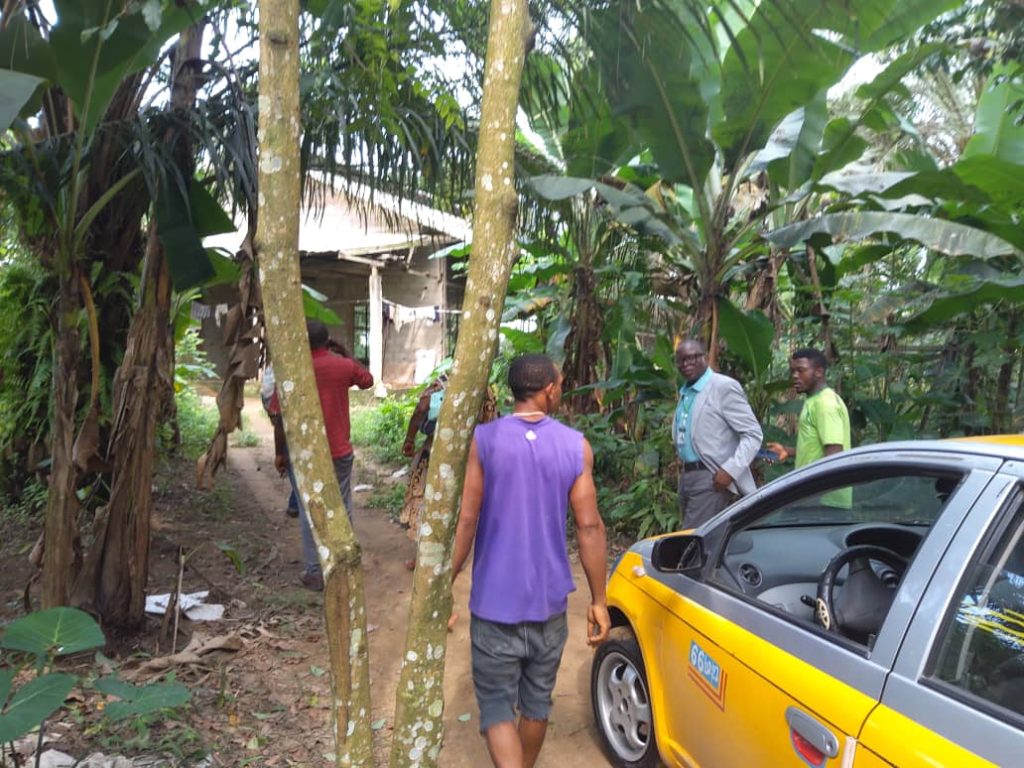
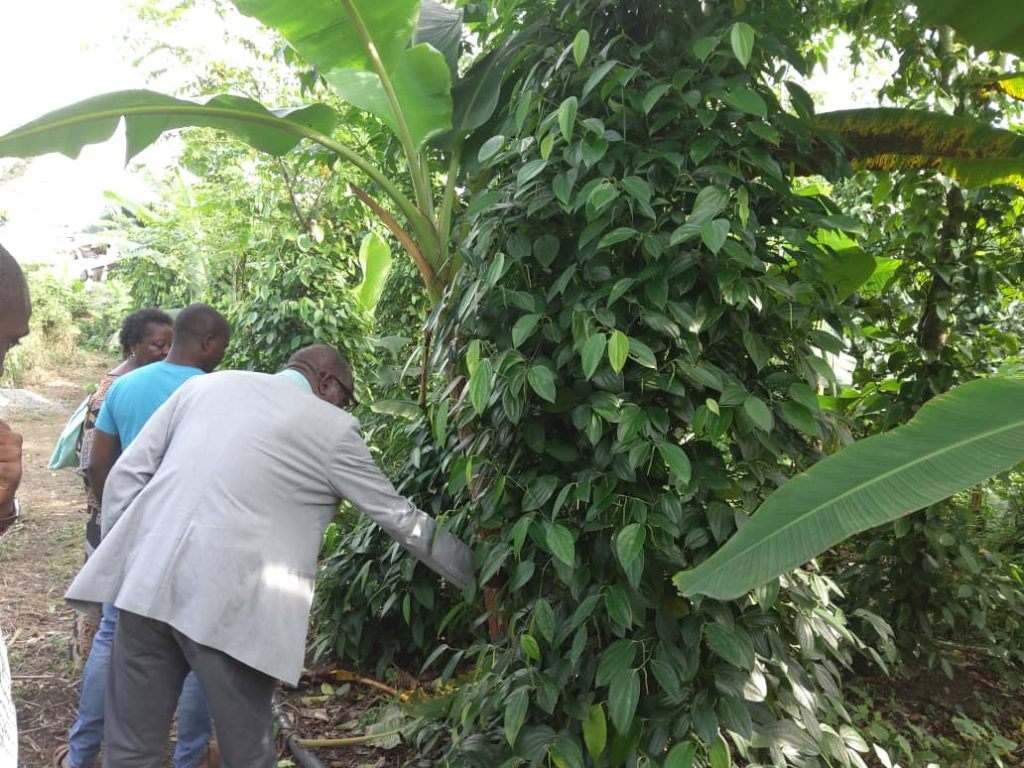

Training Pictures

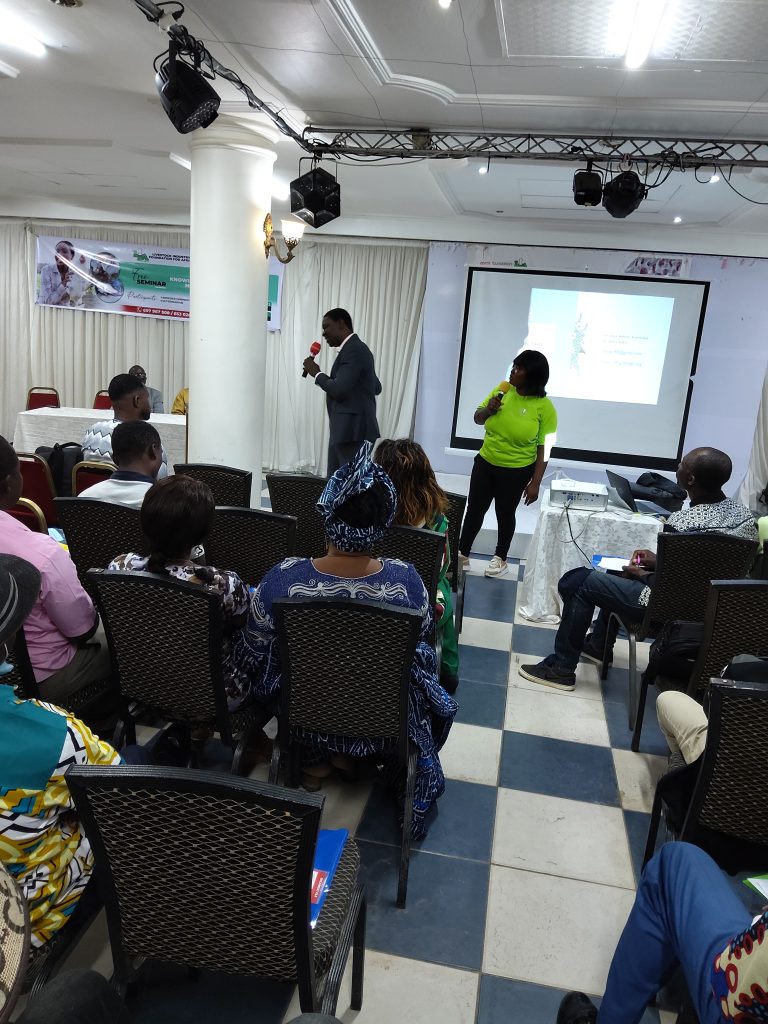
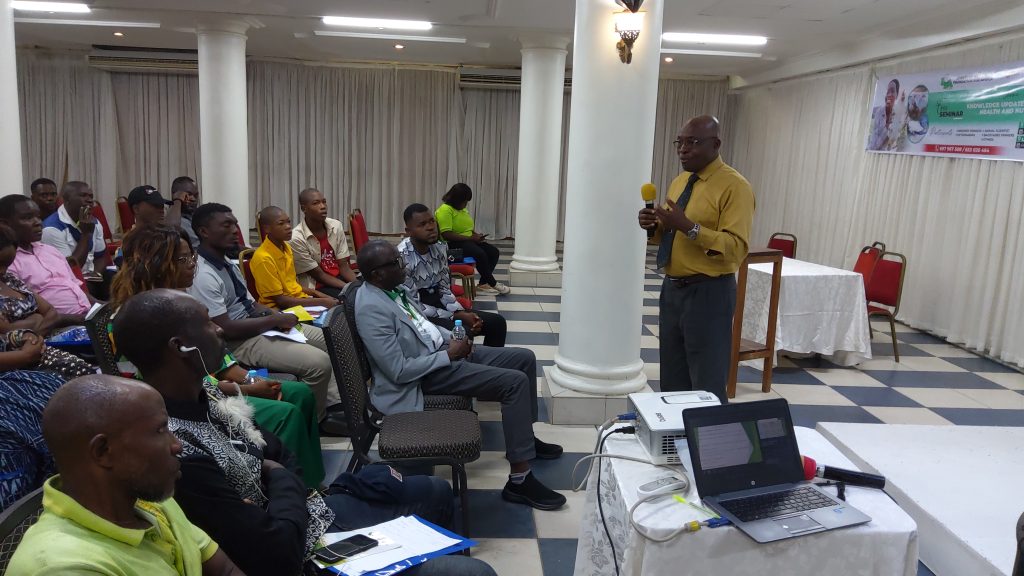
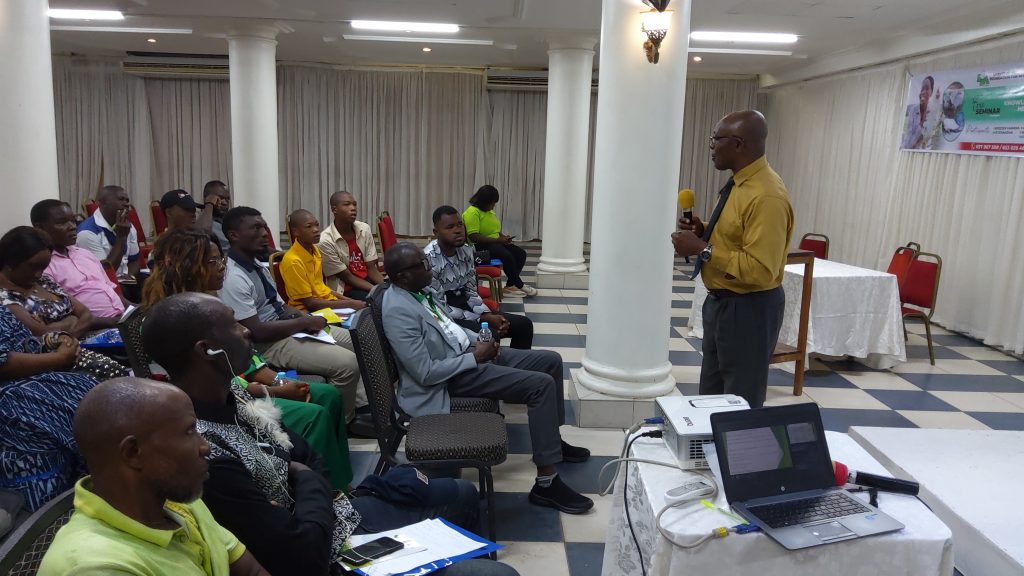
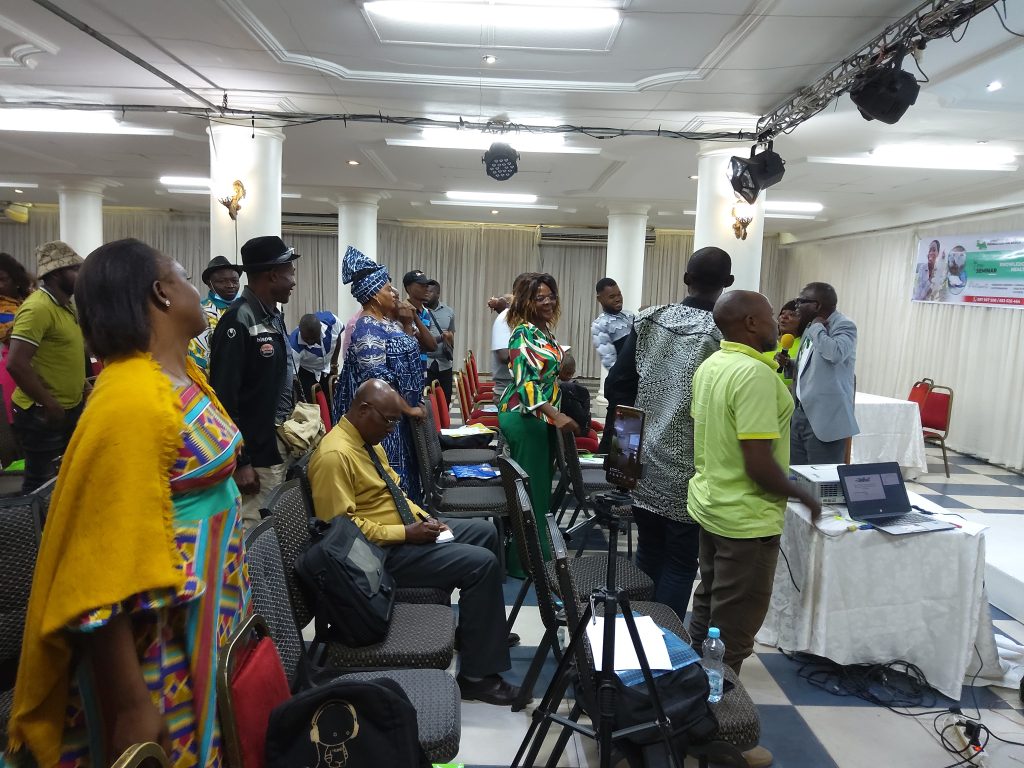
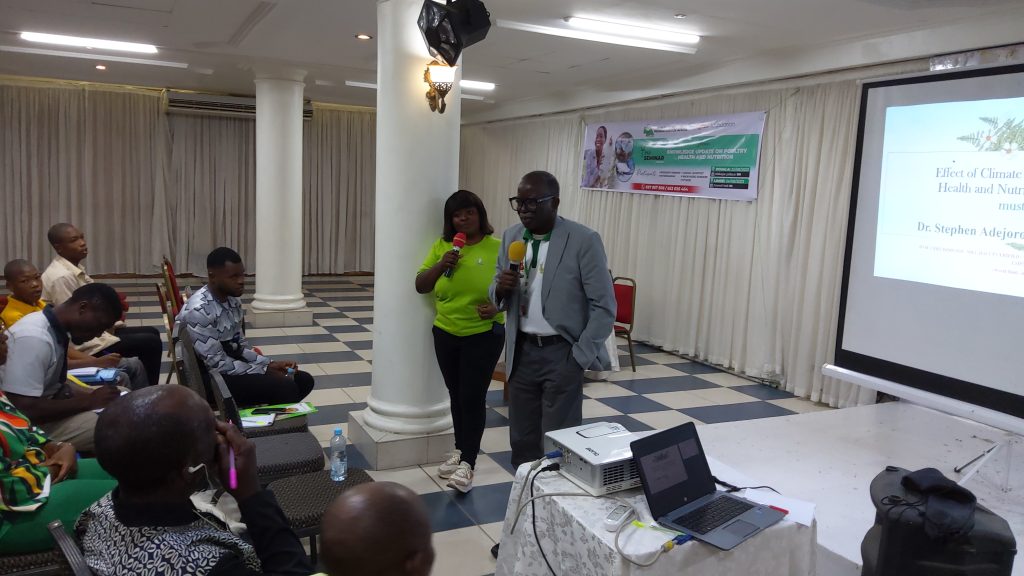
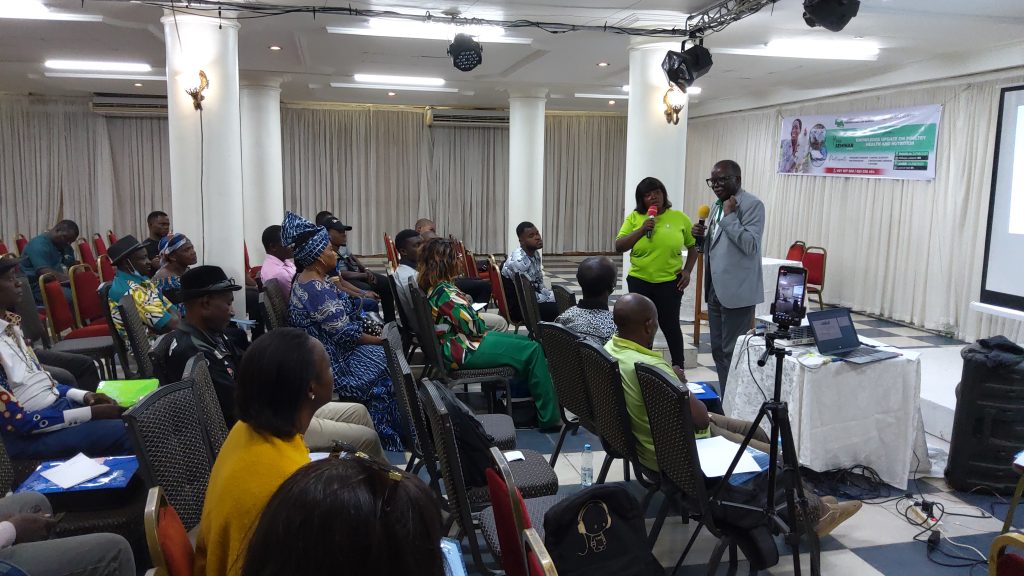
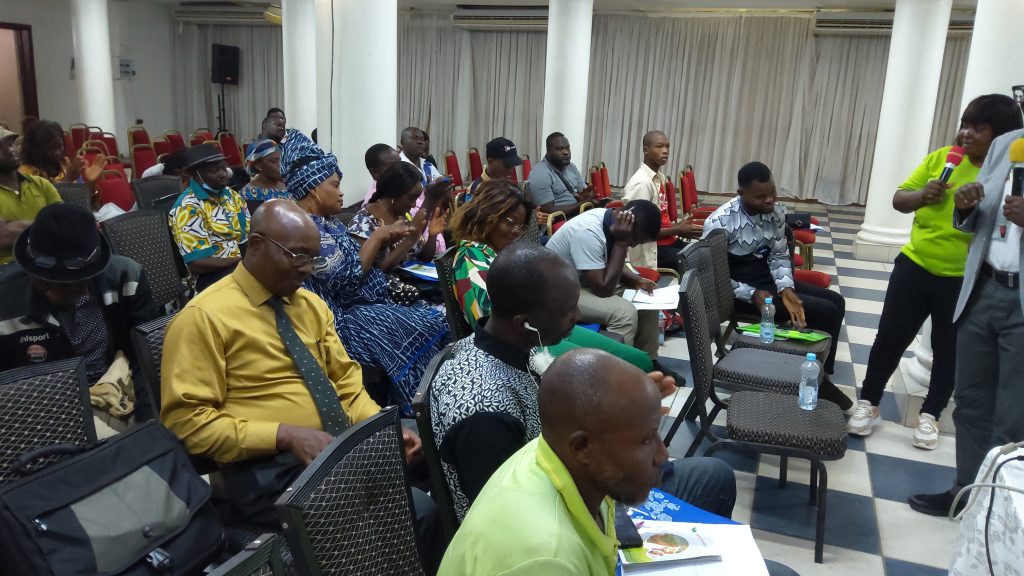
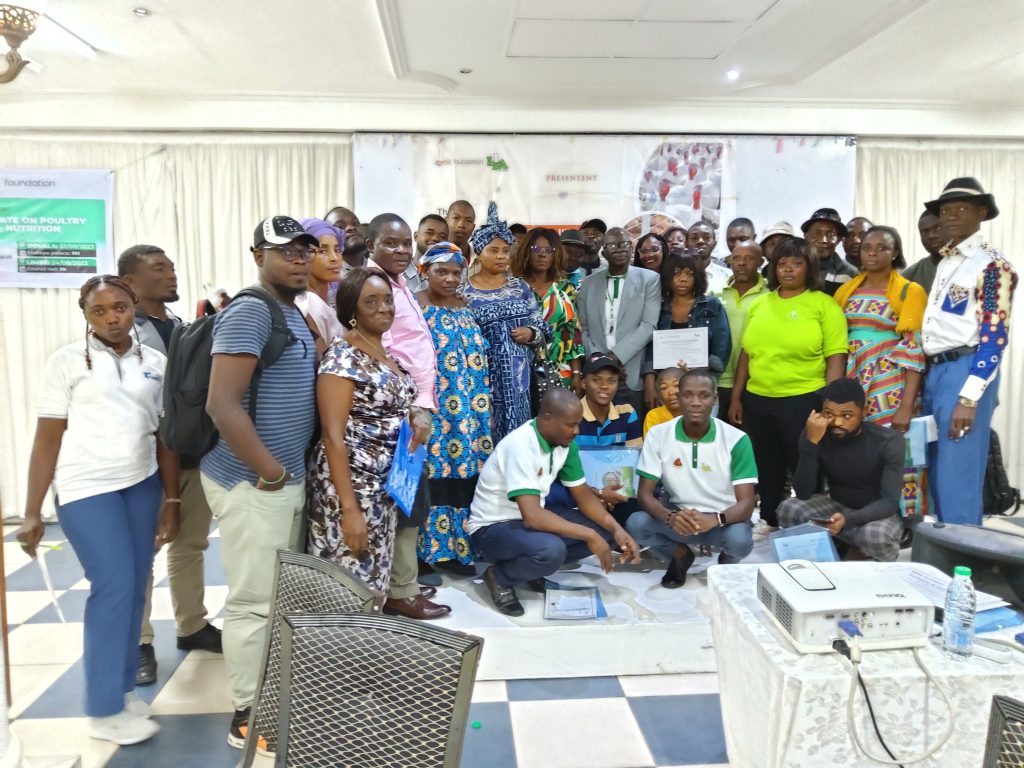
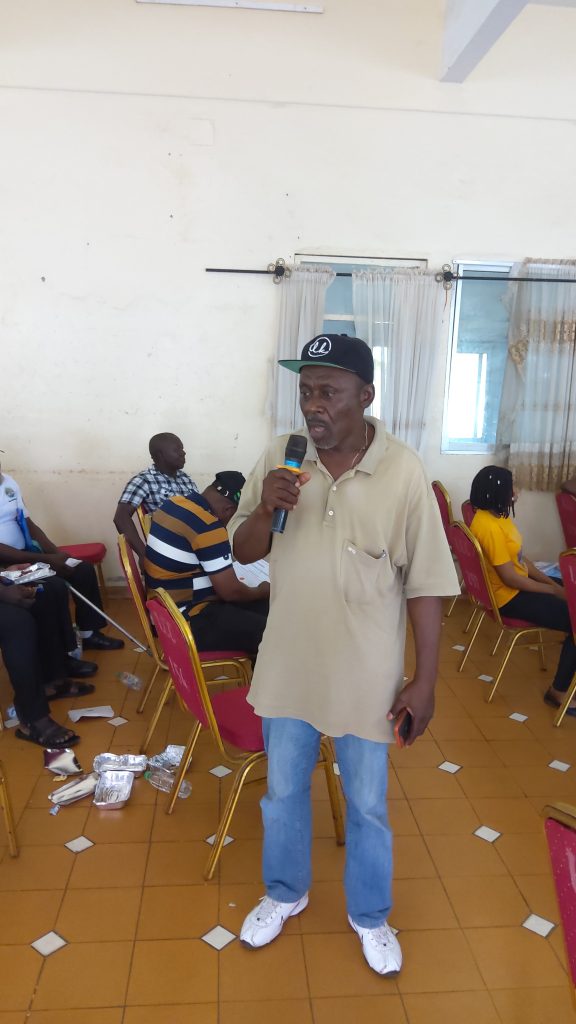
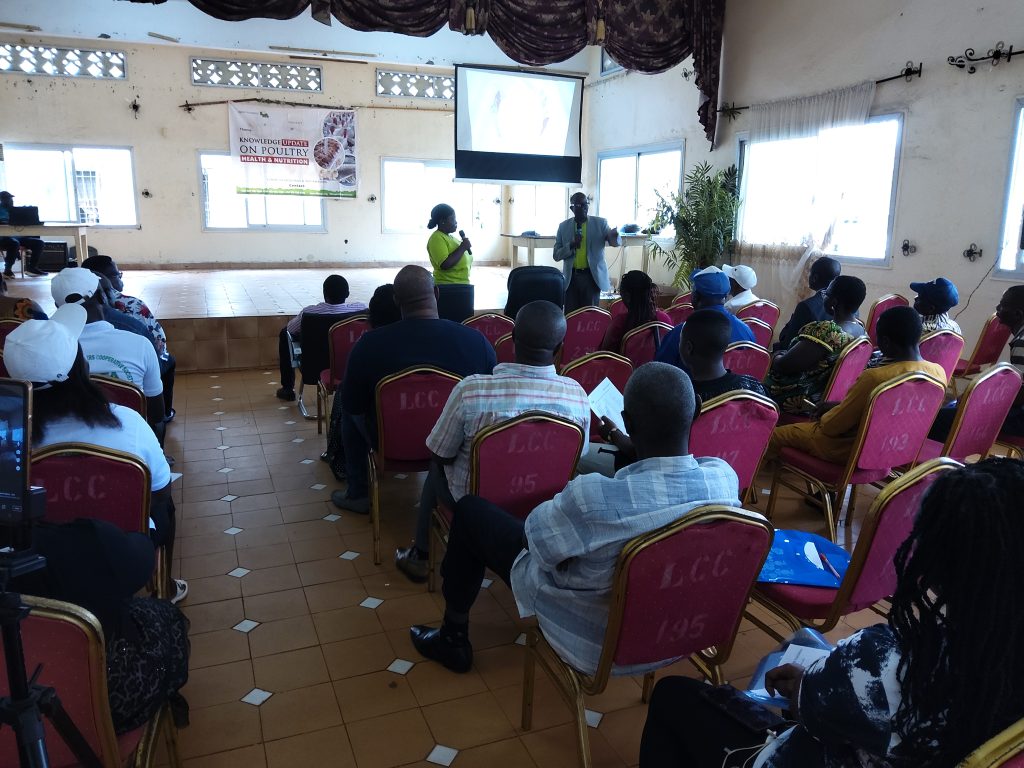
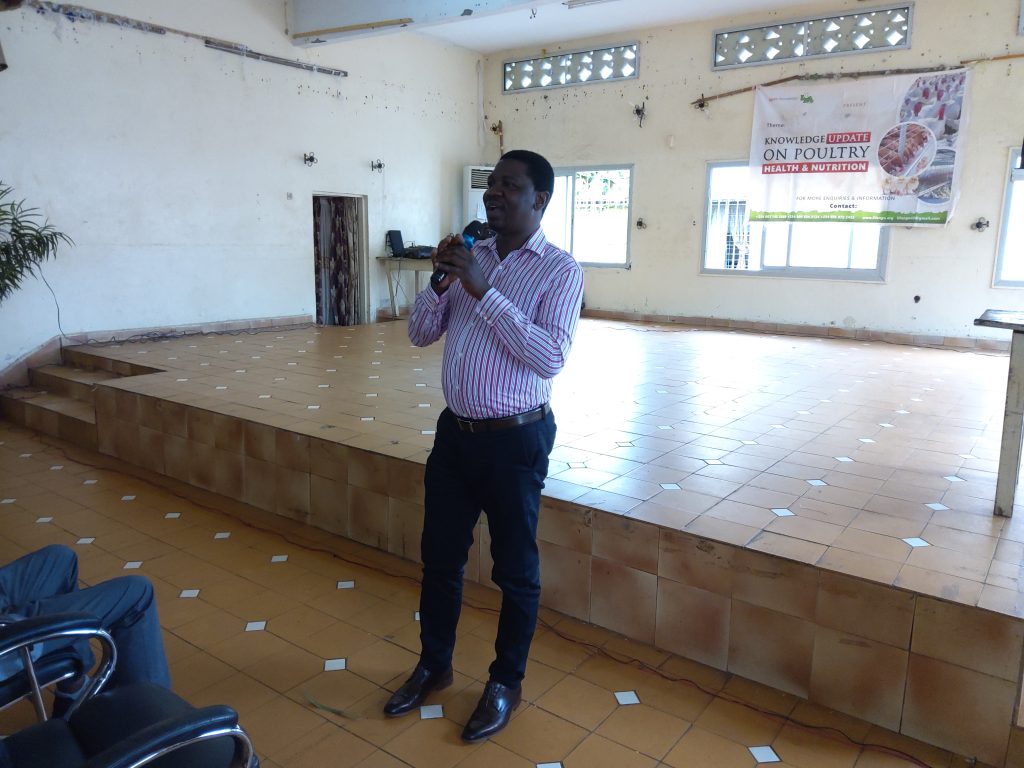
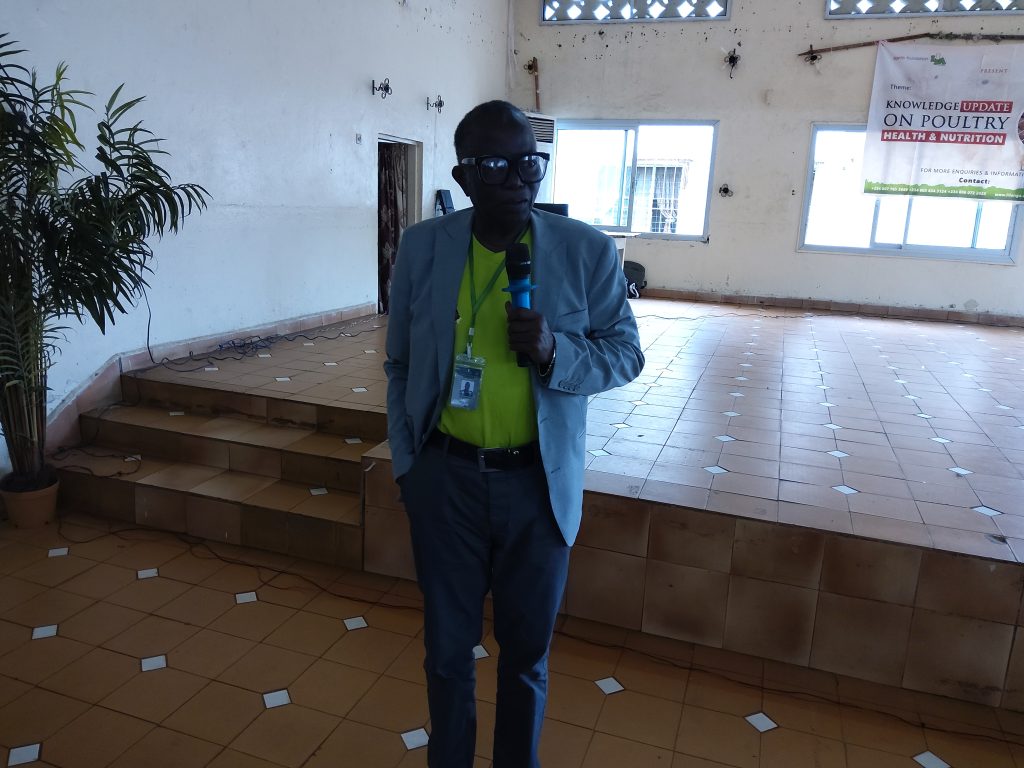
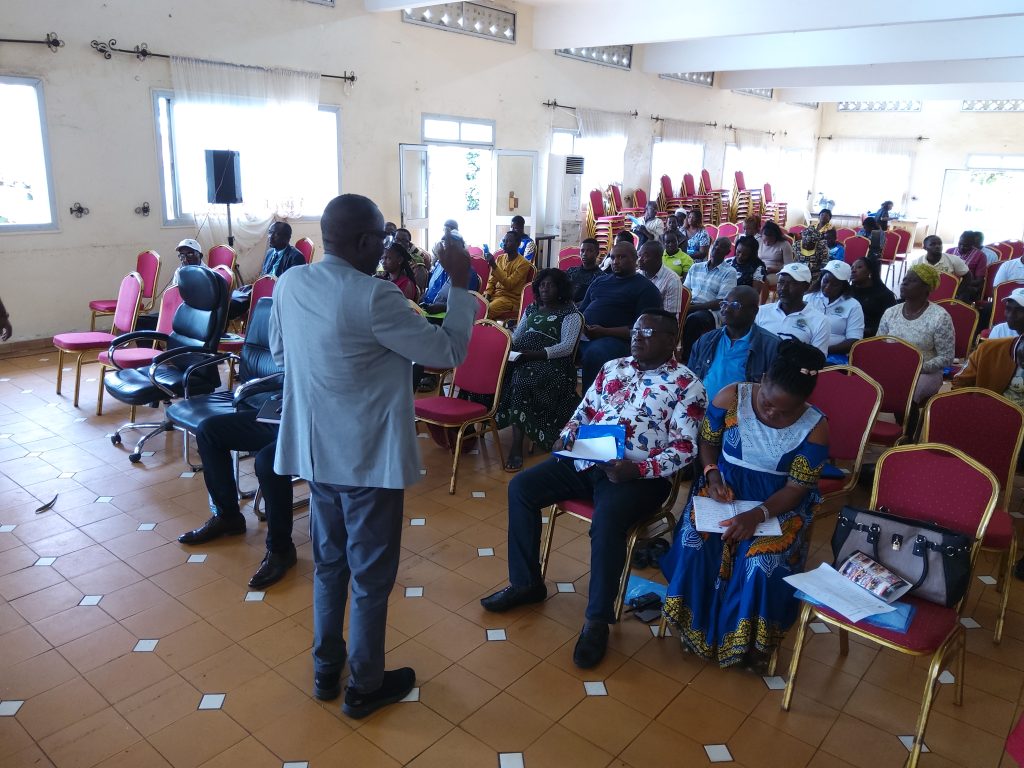
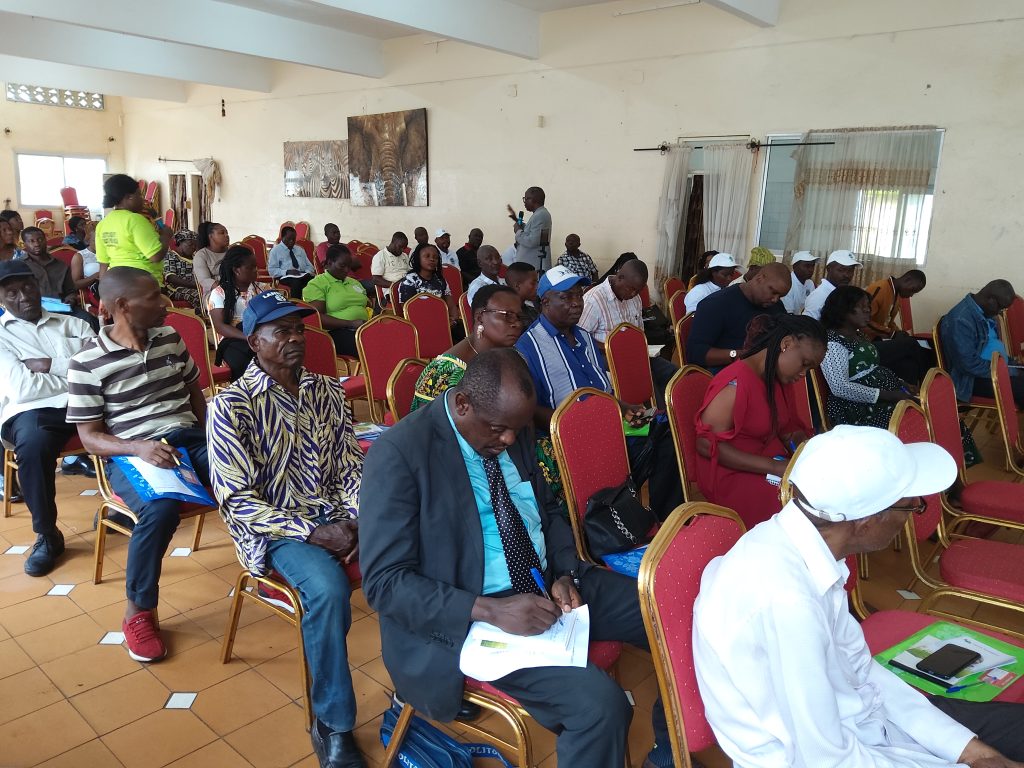
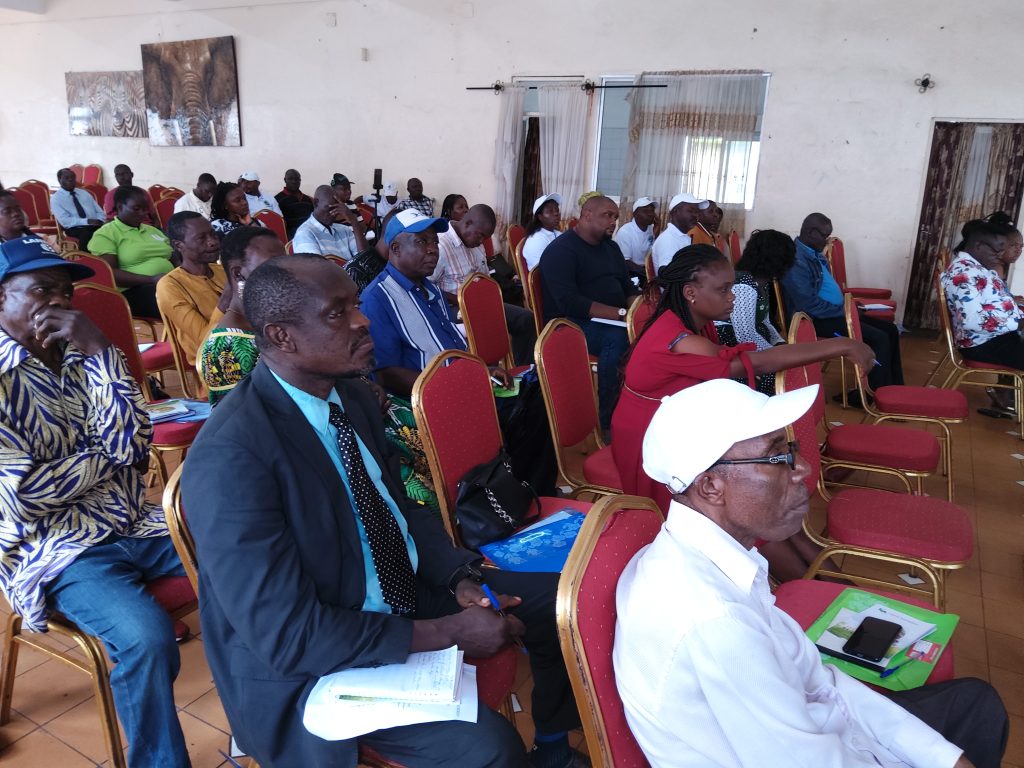
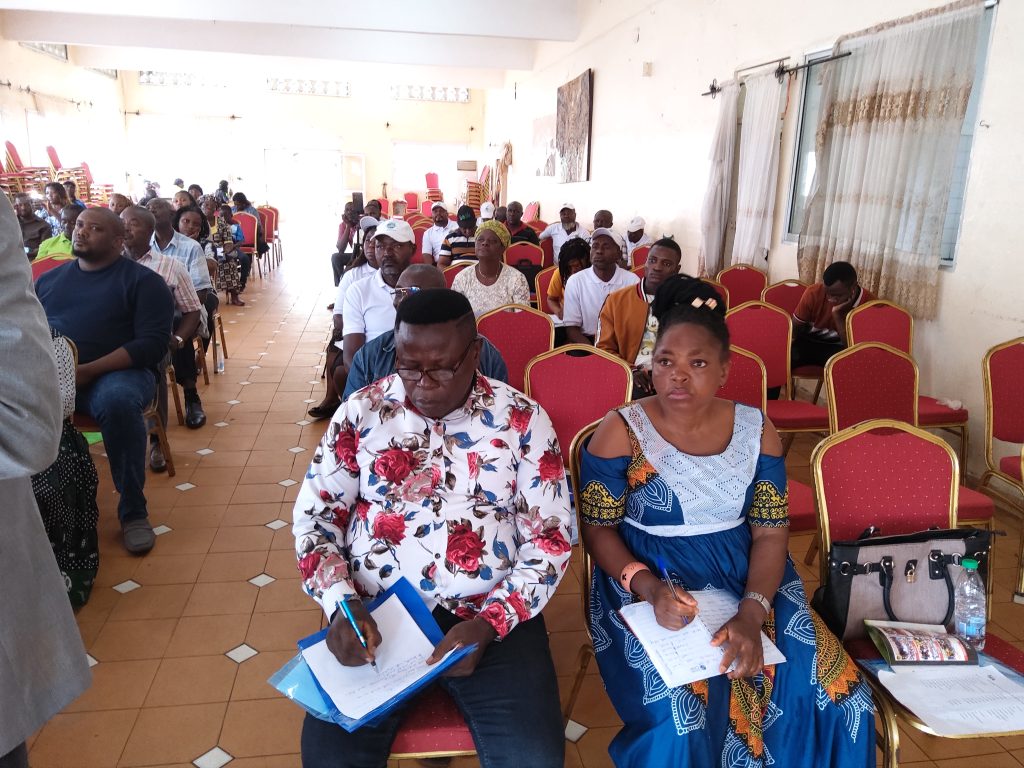
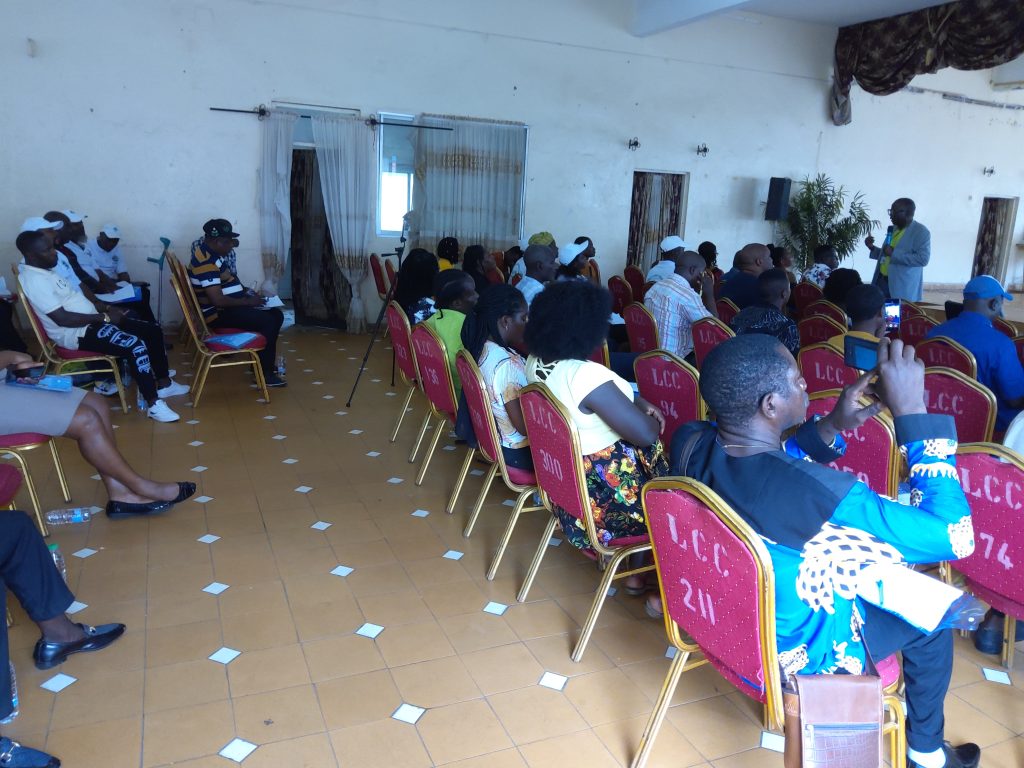
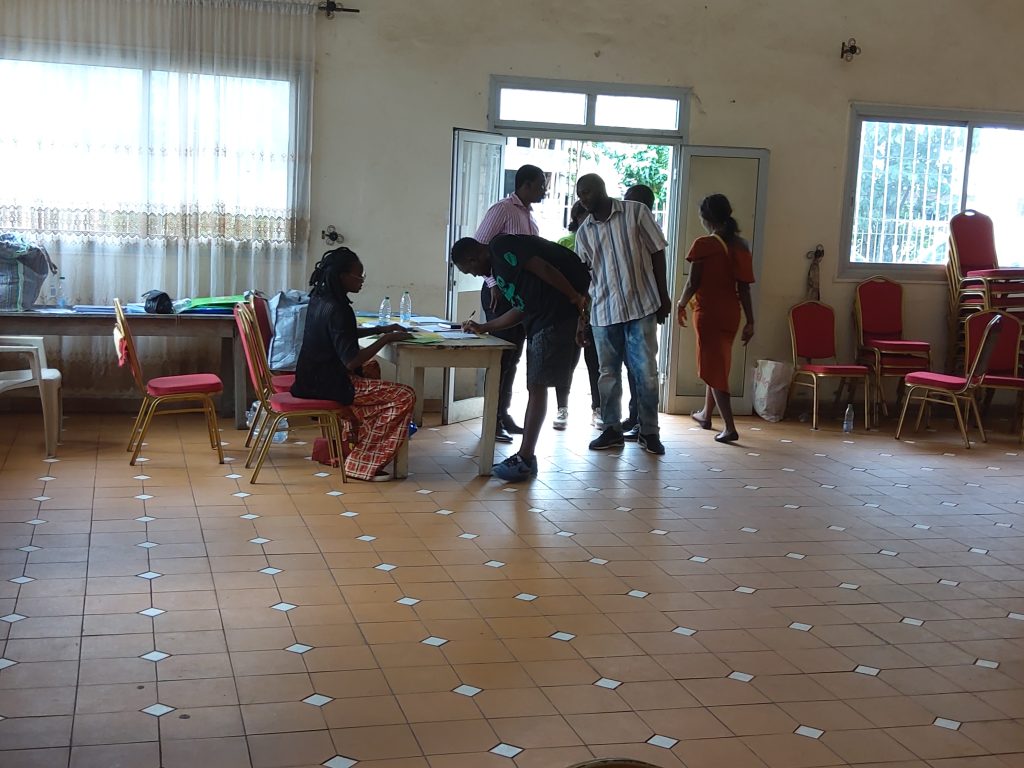
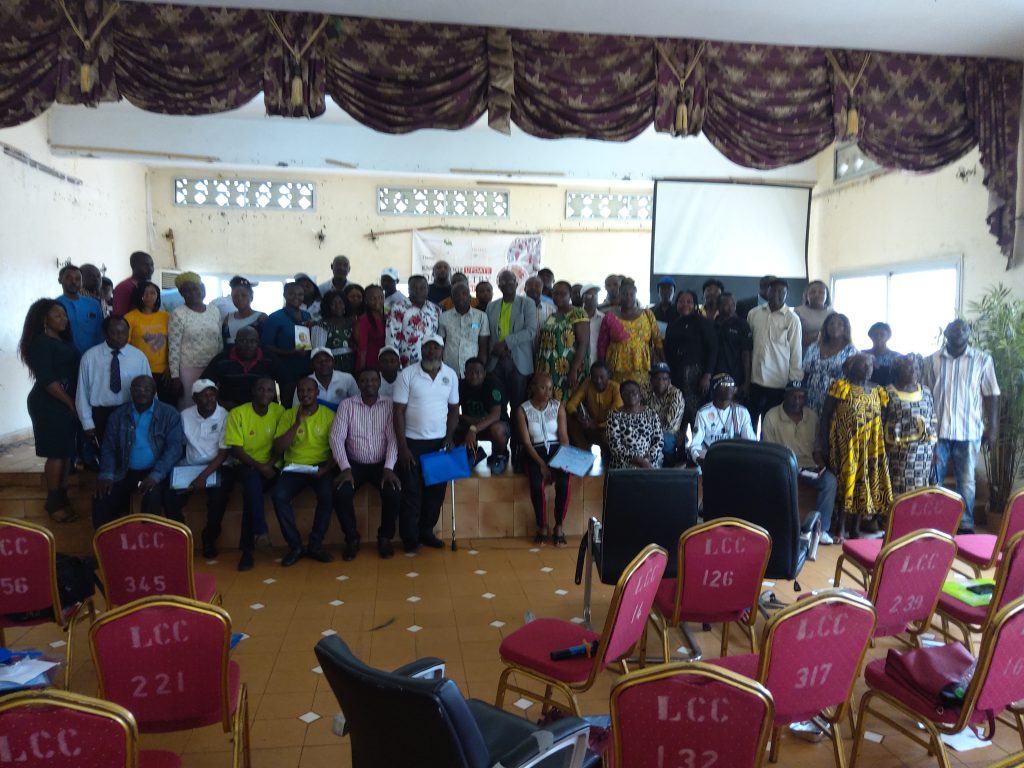

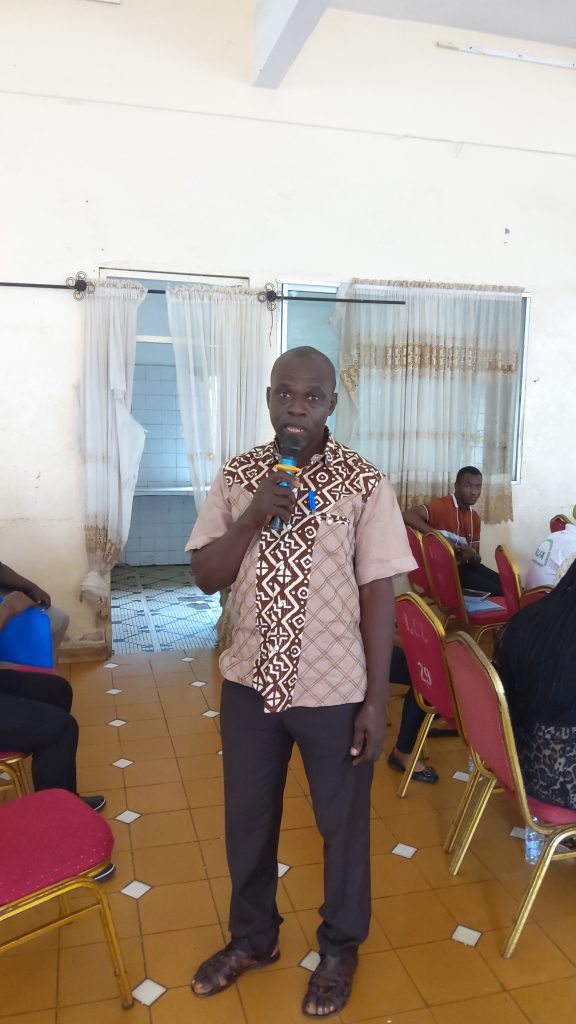
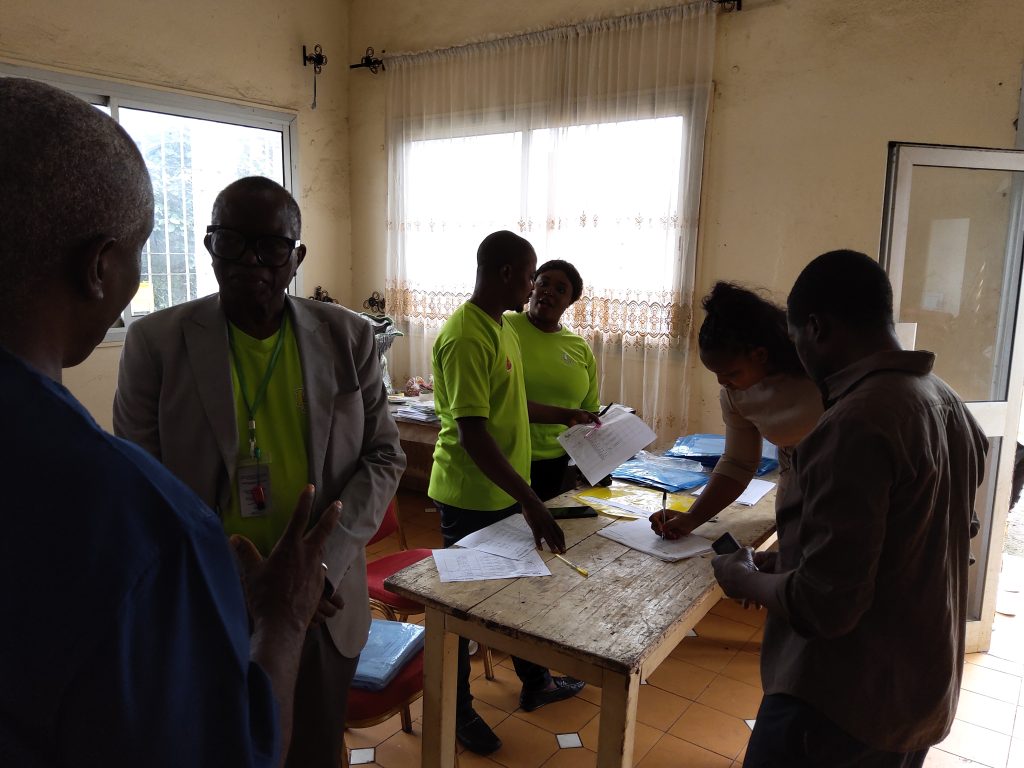
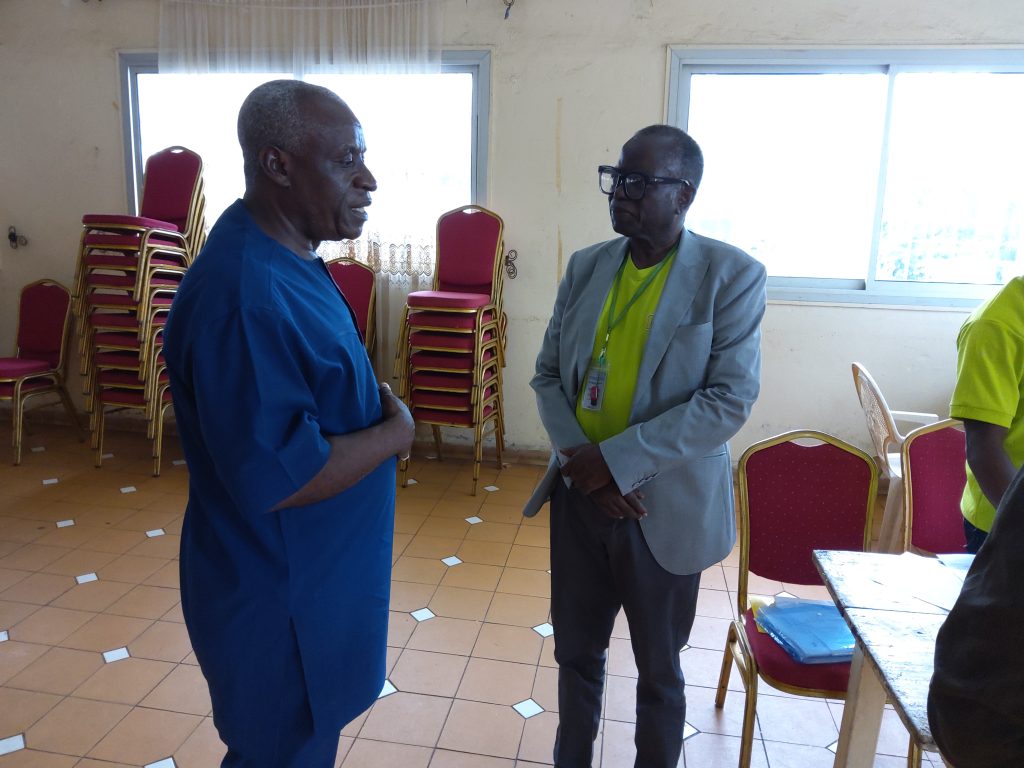
Addressing these complex, interlinked challenges necessitates a coordinated effort from government agencies, agricultural organizations, and stakeholders. Investment in research, infrastructure, education, and financial support is essential to ensure the sustainability and growth of the poultry industry in Sub Saharan Africa. By acknowledging and proactively working towards solutions for these challenges, we can support poultry farmers in achieving better outcomes and contributing to food security.

